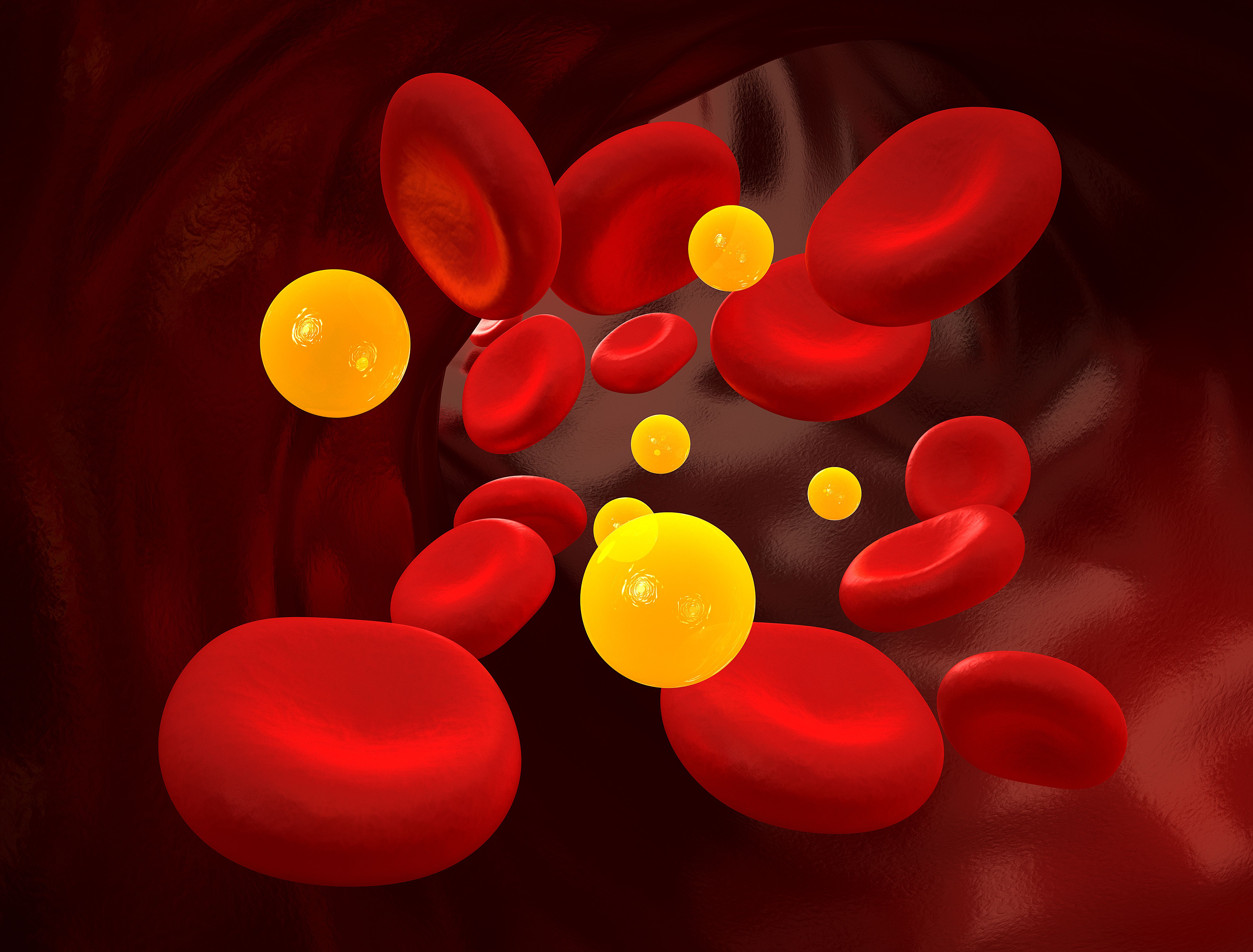Article
Network Meta-Analysis Details Comparative Efficacy of Nonstatin Lipid-Lowering Agents
Peter Toth, MD, PhD

A network meta-analysis of trials examining nonstatin lipid-lowering therapies is providing clinicians with insight into the comparative efficacy of these agents when added to maximally tolerated statin therapy.
With data from more than 45 randomized trials, results indicate evolocumab, in either the 140 mg Q2W or 420 mg monthly, and alirocumab 150 mg Q2W were consistently the most efficacious nonstatin add-ons, but investigators suggest the review provide evidence in support of other agents as well.
“The reason this network analysis is important is because we looked at all the clinical trials that have been done. We looked at all the trials we possibly could to assess how much incremental LDL lowering can be expected in patients treated with high-dose statin therapy with individual agents. Now, why is that important?” explained lead investigator Peter Toth, MD, PhD, director of Preventive Cardiology at CGH Medical Center, in an interview. “If the goal is to get LDL lower, when you reach for a drug or an injectable, you need to have a pretty good feel for what you're going to achieve with that drug. We can now predict, pretty tightly, how much incremental LDL lowering you're going to get in response to say, a PCSK9 monoclonal.”
After years of what appeared to be stagnation, dyslipidemia has seen an explosion in knowledge and therapeutics in the last decade. With the approval of the first PCSK9 inhibitor, followed by the REDUCE-IT trial and then the approval of a nonstatin LDL-lowering agent in bempedoic acid, lipidologists and other care providers have seen their armamentarium expand rapidly. Now, with multiple agents available as add-on therapies to maximally tolerated statins, many have become interested in potential comparisons between the agents.
Absent a randomized clinical trial comparing the agents in a head-to-head manner, Toth and a team of colleagues designed their systematic review with the intent of exploring efficacy and safety profiles of nonstatin lipid-lowering therapies for reducing LDL-C at 12 weeks within randomized controlled trials published within the PUBMED, EMBASE, Cochrane Database of Systematic Reviews, Cochrane Central Register of Controlled Trials, Database of Abstracts of Reviews of Effects, and the Health Technology Assessment Database. For inclusion in the systematic literature review, trials needed to compare at least 2 of the following interventions: alirocumab, bempedoic acid, bempedoic acid/ezetimibe, evolocumab, ezetimibe, inclisiran, or placebo.
The primary outcome of interest was the relative efficacy of each lipid-lowering therapy in reducing LDL-C at 12 weeks. Secondary outcomes of interest included the level of LDL-C reduction at 24 weeks and change in non–HDL-C and apolipoprotein B at 12 weeks.
Overall, 48 randomized controlled trials were identified for inclusion in the network meta-analysis. Upon analysis, results indicated all nonstatin LDL-lowering agents were associated with reduced LDL-C from baseline to week 12 compared against placebo, with this consistent regardless of background therapy use. When assessing effectiveness relative to other nonstatin LDL-lowering agents included in the meta-analysis, evolocumab 140mg every 2 weeks or 420 mg once a month and alirocumab 150mg every 2 weeks were the most efficacious agents for LDL-C lowering at 12 weeks. This was followed by alirocumab 75mg every 2 weeks, alirocumab 300mg once a month, inclisiran, bempedoic acid/ezetimibe, and ezetimibe and bempedoic acid used as monotherapies. Investigators also noted the primary outcome results were generally consistent at week 24.
“You're leaving a tremendous amount of risk of risk on the table that you can easily eliminate with the addition of an adjuvant therapy, like a PCSK9 monoclonal or ezetimibe,” Toth added. “I can't overemphasize this enough because we need to wake up to the fact that this epidemic is very poorly treated among high-risk patients. It is a fundamental risk factor.”
This study, “Network Meta‐Analysis of Randomized Trials Evaluating the Comparative Efficacy of Lipid‐Lowering Therapies Added to Maximally Tolerated Statins for the Reduction of Low‐Density Lipoprotein Cholesterol,” was published in the Journal of the American Heart Association.





